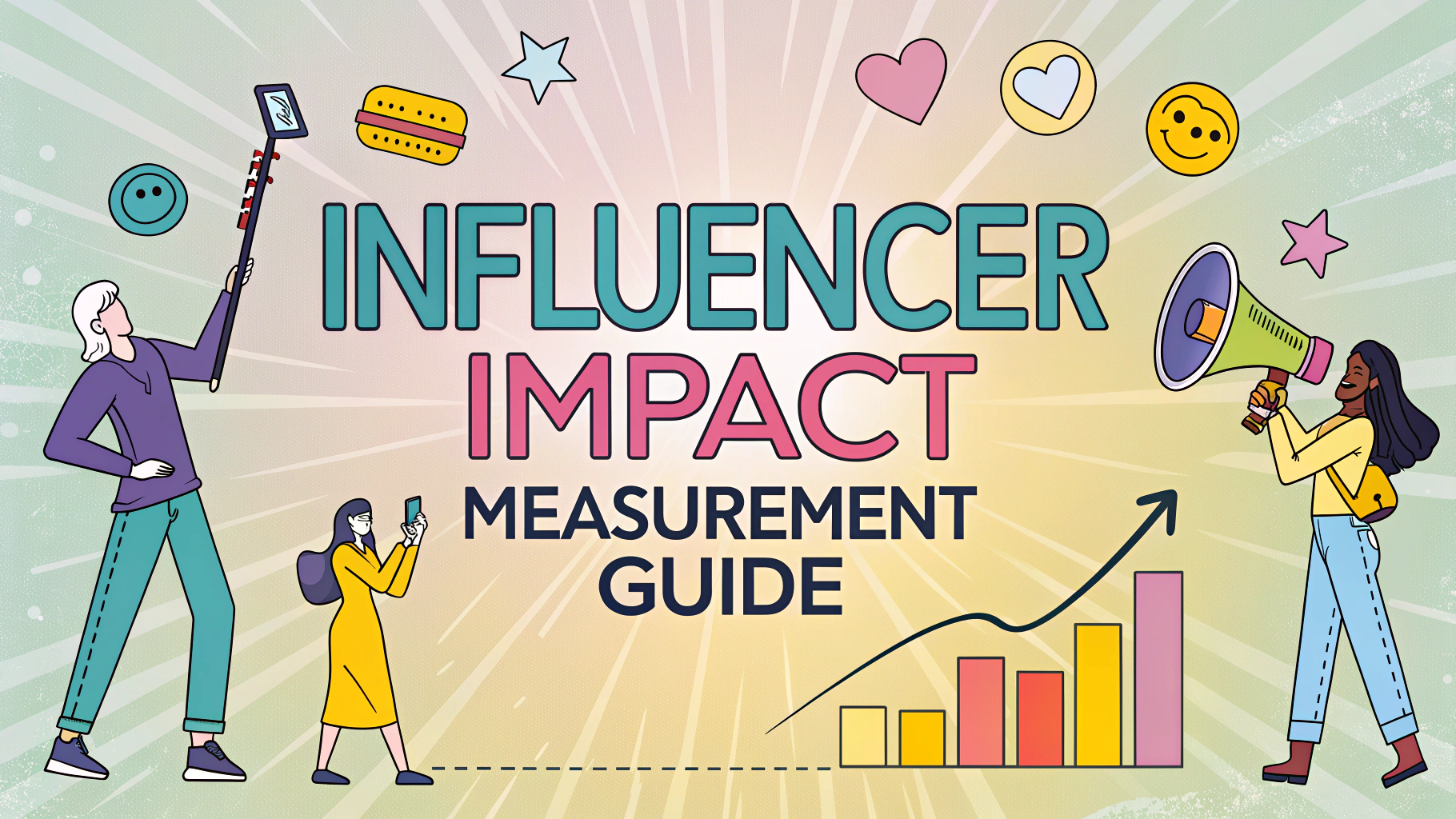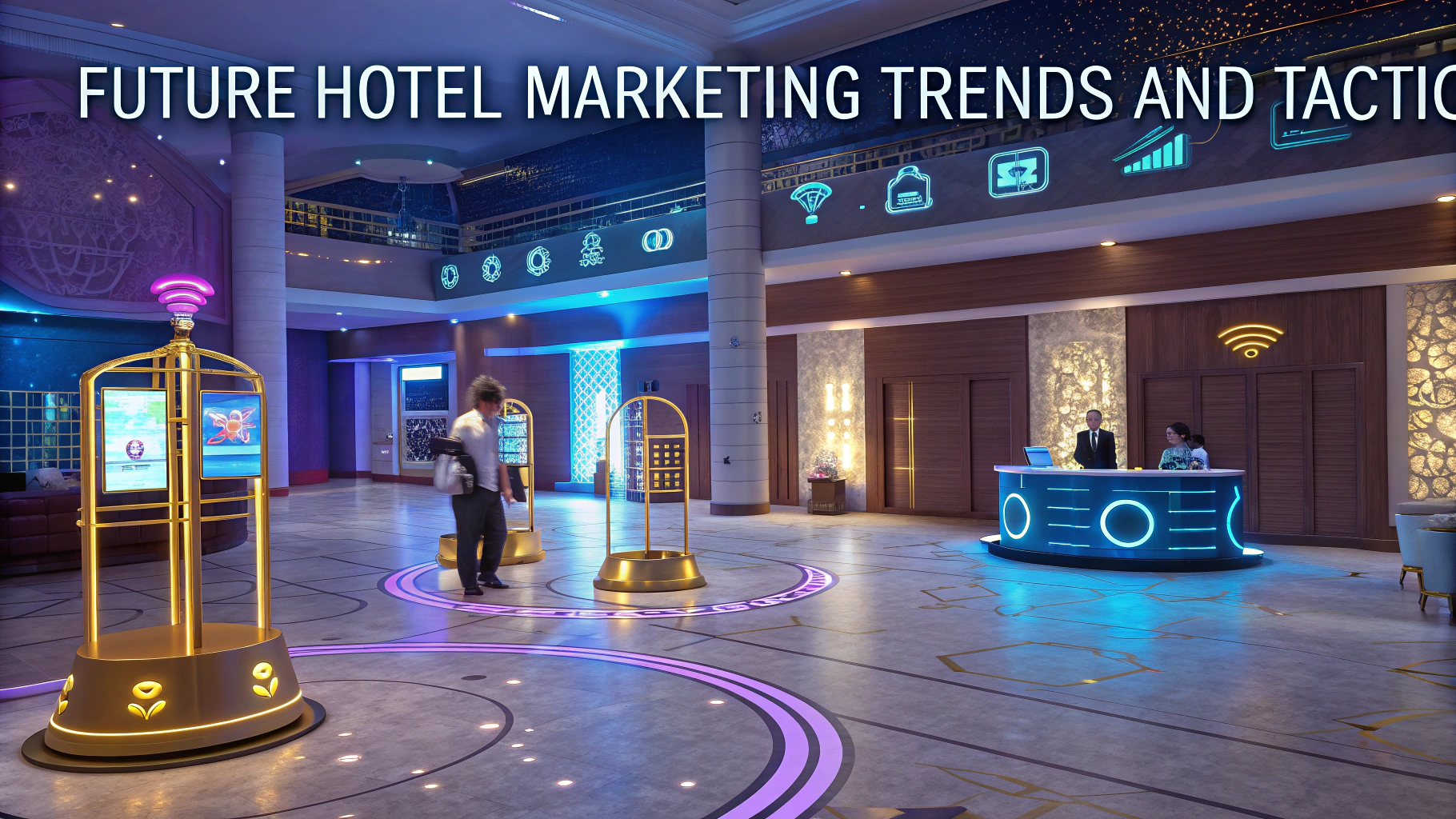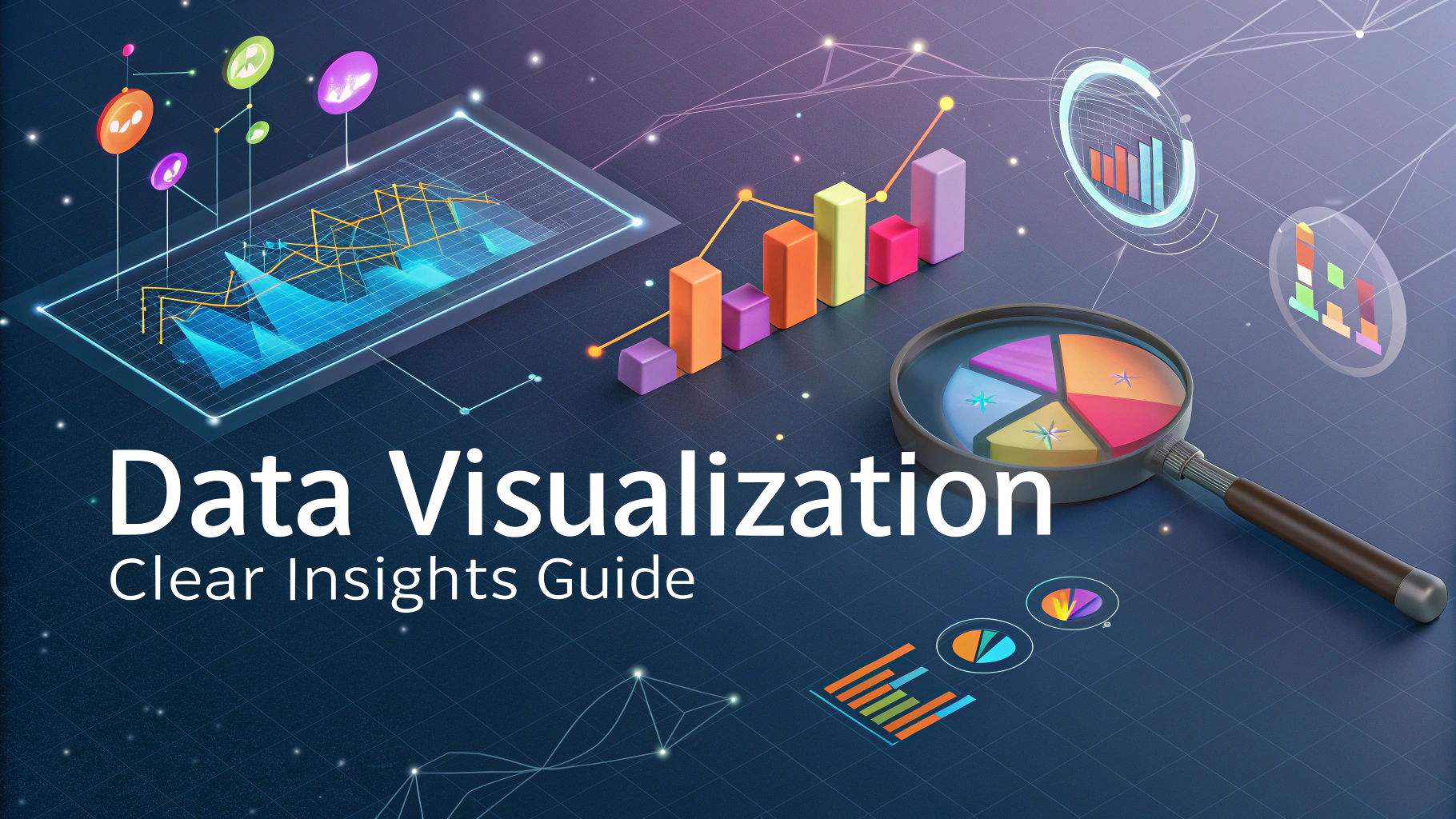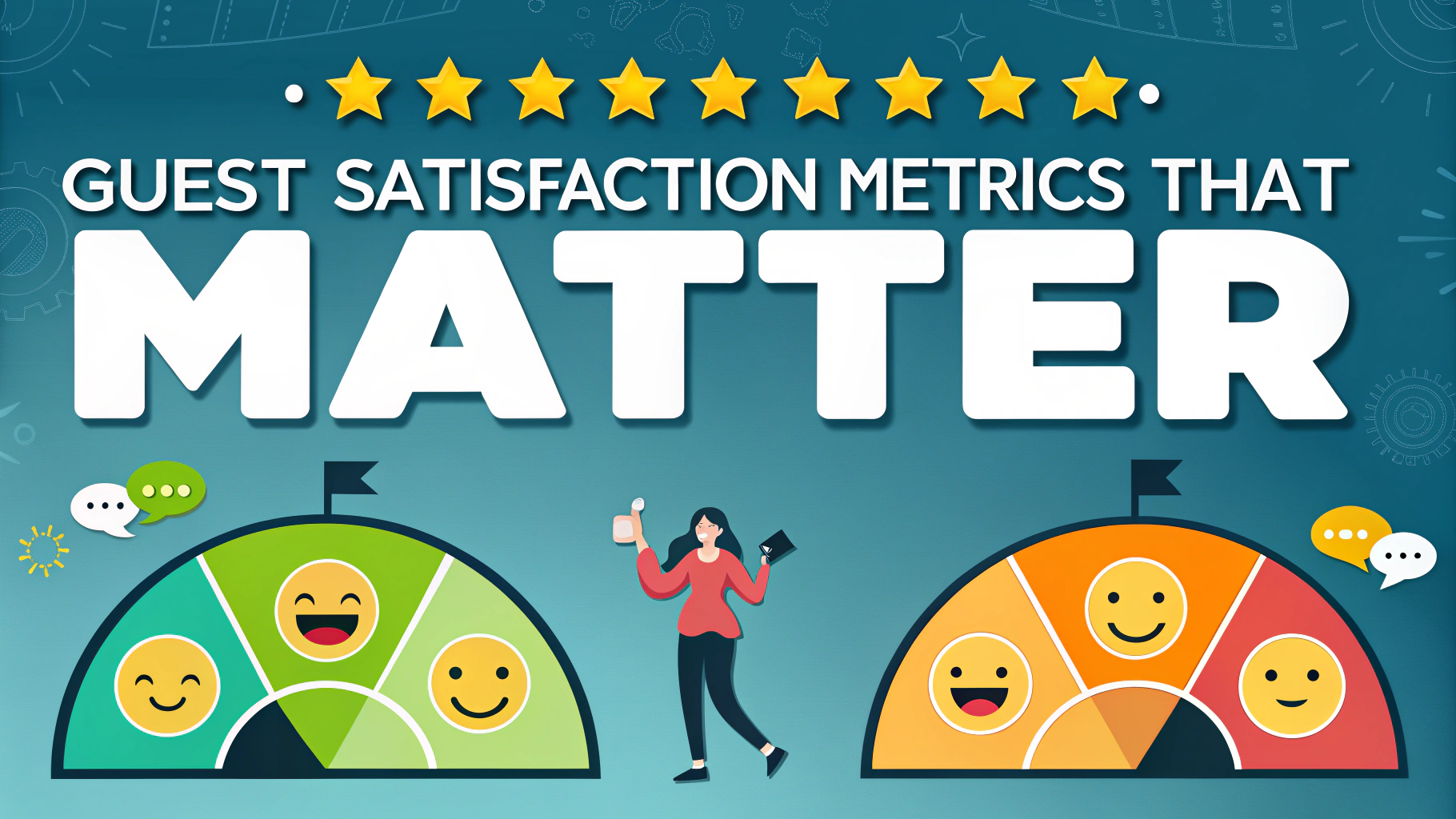Many hotels struggle to turn website visitors into actual bookings, leaving significant revenue on the table.
A well-optimized booking engine can increase direct bookings by 25-40%, reducing dependency on expensive OTA commissions.
This quick guide shares practical ways to optimize your hotel booking engine for higher conversion rates and more direct revenue.
Key Elements of an Effective Booking Engine
Your booking engine needs these essential features to maximize conversions:
- Mobile-first design
- Fast loading speed (under 3 seconds)
- Clear rate display
- Simple booking process (3 steps maximum)
- Multiple payment options
- Real-time availability
Optimize Your Booking Flow
Remove any unnecessary steps between room selection and payment confirmation.
- Display room rates prominently
- Show real-time availability
- Highlight special offers
- Use progress indicators
- Enable guest information auto-fill
Price Display Strategies
Present your pricing in ways that encourage direct bookings:
- Show price comparison with OTAs
- Display member-only rates
- Highlight value-adds (free breakfast, WiFi)
- Use strikethrough pricing for promotions
Mobile Optimization Tips
With over 50% of hotel bookings now made on mobile devices, these adjustments are essential:
- Large, touch-friendly buttons
- Minimal form fields
- Click-to-call functionality
- Automatic date picker
- Save progress feature
Trust Signals and Social Proof
Build confidence in the booking process with these elements:
- Security badges
- Recent booking notifications
- Guest reviews
- Best price guarantee
- Clear cancellation policies
Tracking and Analytics
Monitor these metrics to identify improvement areas:
- Abandonment rate
- Time to complete booking
- Device usage patterns
- Popular room types
- Payment method preferences
Technical Improvements
Implement these technical upgrades for better performance:
- SSL certification
- Image compression
- Browser caching
- CDN implementation
- Regular speed testing
Recommended Booking Engine Providers
Consider these reliable booking engine solutions:
- SiteMinder (www.siteminder.com)
- Cloudbeds (www.cloudbeds.com)
- Bookassist (www.bookassist.com)
- D-EDGE (www.d-edge.com)
Next Steps for Implementation
Start improving your booking engine with these actions:
- Audit current booking process
- Test mobile responsiveness
- Implement tracking tools
- A/B test different layouts
- Monitor conversion rates
Common Implementation Challenges
Address these typical obstacles when optimizing your booking engine:
- Integration with existing PMS systems
- Staff training requirements
- Legacy system compatibility
- Data migration complexity
- Budget constraints
Measuring Success
Track these KPIs to evaluate booking engine performance:
- Direct booking ratio
- Average booking value
- Conversion rate improvement
- Mobile vs desktop bookings
- Revenue per available room
Ongoing Optimization
Maintain booking engine effectiveness with these regular tasks:
- Monthly performance reviews
- Seasonal rate adjustments
- User feedback collection
- Competitor analysis
- Technical updates
Maximizing Your Direct Booking Success
A well-optimized booking engine is crucial for increasing direct reservations and reducing OTA dependency. Focus on mobile optimization, streamlined booking processes, and clear pricing strategies. Regular monitoring and updates ensure continued effectiveness and improved conversion rates.
Remember that optimization is an ongoing process – continuously test, measure, and refine your booking engine to maintain competitive advantage and maximize direct revenue potential.
FAQs
- What is booking engine optimization?
Booking engine optimization refers to the process of improving a hotel’s direct booking platform to increase conversion rates and maximize the number of reservations made through the hotel’s website. - How can I improve my hotel’s booking conversion rate?
Key optimization strategies include simplifying the booking process, displaying clear pricing and availability, offering price comparison tools, implementing mobile-friendly design, showing real-time room inventory, and featuring high-quality photos and detailed room descriptions. - What role does page load speed play in booking engine performance?
Page load speed is crucial as every second delay in load time can result in a 7% decrease in conversion rates. Optimal loading time should be under 3 seconds to prevent potential guests from abandoning the booking process. - How important is mobile optimization for hotel booking engines?
Mobile optimization is essential as over 50% of hotel bookings are made on mobile devices. A responsive, mobile-friendly booking engine is crucial for capturing these reservations and reducing abandonment rates. - What are the most effective ways to reduce booking abandonment?
Effective strategies include implementing price transparency, offering best rate guarantees, displaying security badges, providing multiple payment options, using reservation recovery emails, and maintaining a streamlined checkout process. - How can I effectively display room rates and availability?
Display rates clearly with all fees included, show real-time availability, implement a rate calendar for flexible dates, highlight best available rates, and showcase special offers prominently on the booking engine. - What role do images and content play in booking conversion?
High-quality images, virtual tours, and detailed room descriptions significantly impact booking decisions. Properties with comprehensive visual content experience up to 225% more bookings than those with limited imagery. - How can I track and measure booking engine performance?
Use analytics tools to monitor key metrics such as look-to-book ratio, abandonment rate, average booking value, conversion rate by device type, and booking funnel progression to identify optimization opportunities. - What security features should a hotel booking engine have?
Essential security features include SSL certification, PCI DSS compliance, secure payment gateways, data encryption, and visible trust badges to ensure guest confidence during the booking process. - How can personalization improve booking conversion rates?
Implement personalized pricing, targeted promotions based on user behavior, remembered guest preferences, and customized package recommendations to increase booking likelihood and guest satisfaction.







